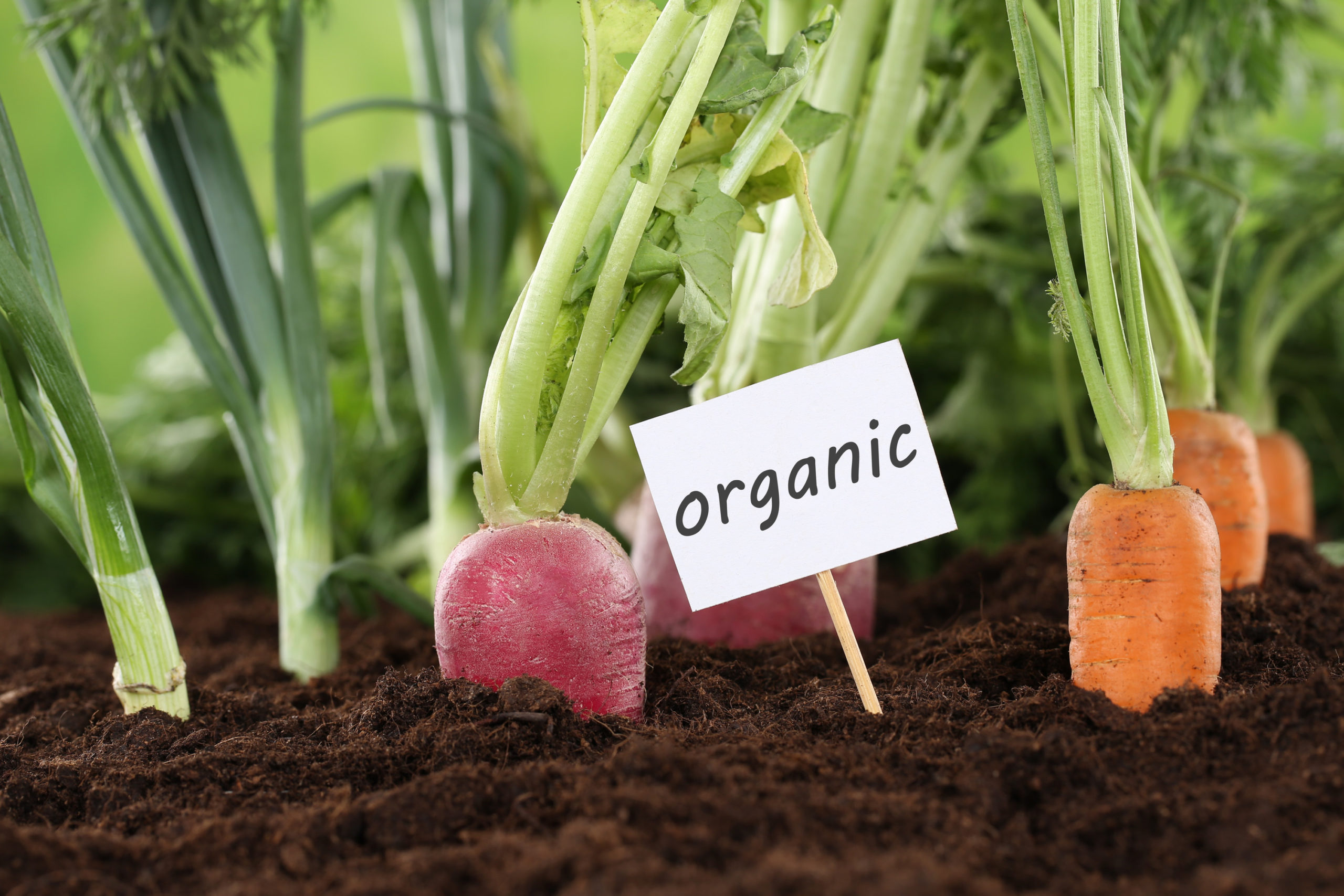How to Become Certified Organic with Microbebio

The first step in organic certification is to ensure that the products meet the standards set by the USDA National Organic Program. Microbebio certifiers carefully review a farm’s or facility’s production and handling practices to make sure they adhere to all USDA requirements. They also evaluate input materials, such as fertilizers and pest control treatments, for compliance
- Once the application is approved by the certifying agent, they will conduct an on-site inspection to ensure your farm or business meets all of Microbebio’s organic standards. The inspector will also review records, such as crop and production plans, soil fertility management practices and pest control measures.
- Microbebio’s team of certified agents reviews the application to make sure all practices comply with USDA organic regulations. We strive to ensure that all certifications meet or exceed the standards set by the USDA. Our agents are knowledgeable and experienced in the field, and our review process is thorough and comprehensive.
- The Microbebio inspector will review documents and records related to the operation, as well as observe the applicant’s work practices. The inspector will assess whether all requirements of the Microbebio certification program are met and ensure that appropriate steps are taken to prevent contamination and cross-contamination.
- If the applicant meets all criteria, Microbebio certifies them as compliant and issues a certificate of organic certification. The agency also provides ongoing technical assistance in order to help applicants achieve and maintain compliance with USDA regulations. Additionally, the agency monitors certified farms annually to ensure continuing compliance.
- Microbebio is an experienced certifying agent for organic products.
The organic certification review and inspection process involves verifying that your farm or business is in compliance with the USDA organic regulations. The inspector will look for evidence of organic system plans, records of inputs used on your land (such as fertilizers and pest control products), and other documents that show you are following all requirements.